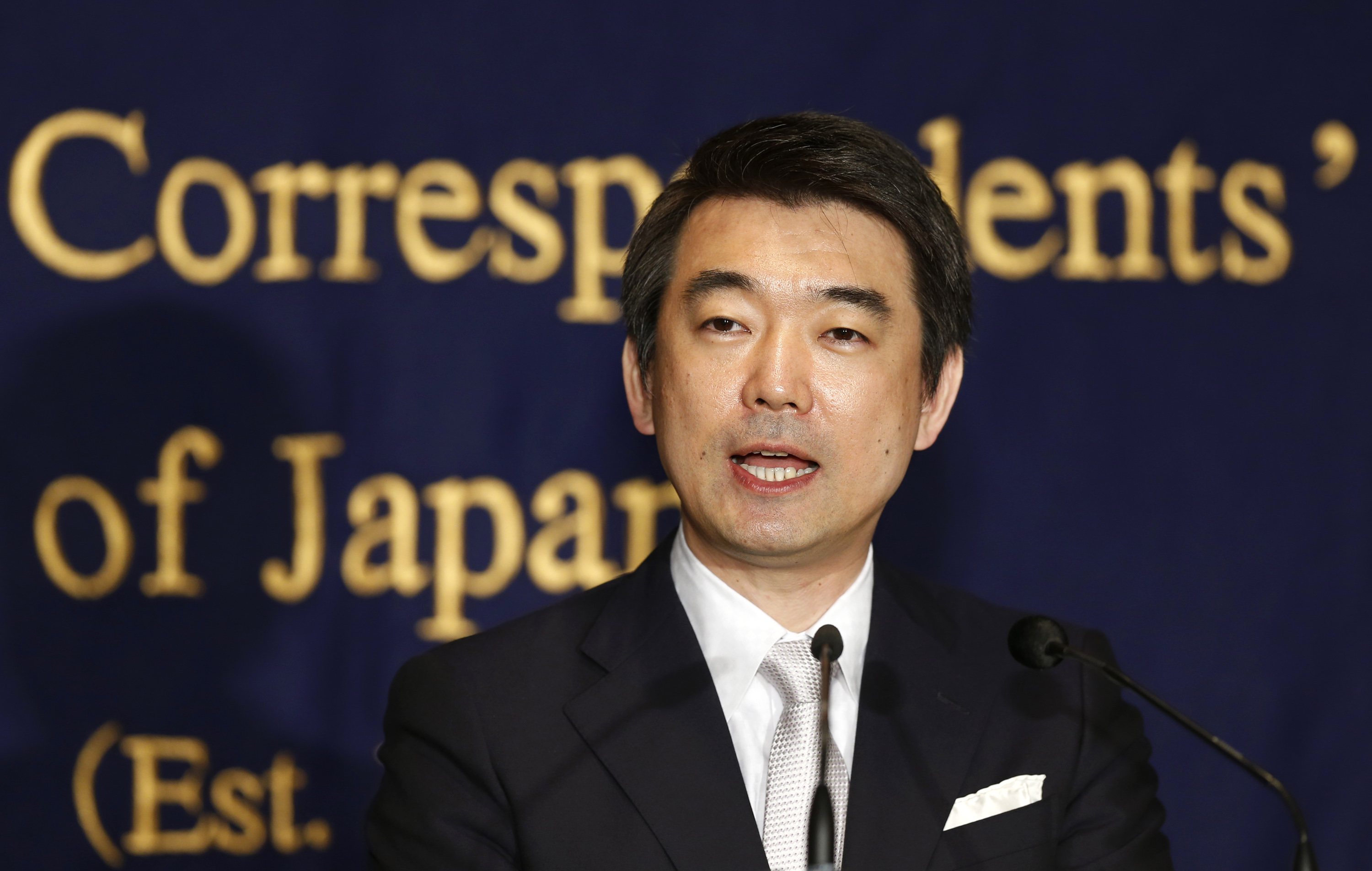In 1995, the late University of Illinois professor David G. Goodman observed that when serious disagreements arise between Japanese people and foreigners, the former invariably internalize the debate among themselves.
Eighteen years later, it would appear that Goodman's dictum still holds true. Viewing coverage of Osaka Mayor Toru Hashimoto's controversial remarks regarding the necessity of sex slaves (euphemistically referred to as "comfort women") who serviced the Japanese military in World War II and his subsequent suggestion to the effect that the American military on Okinawa patronize local sex businesses as a way of reducing the rate of rapes and other sex crimes, the crux of the debate has largely been of, by and for Japanese, with foreigners confined mostly to the margins.
True, Shukan Bunshun (May 30) invited American diplomat Kevin Maher to comment on the issue ("Hashimoto's crazy" headlined his response) and a reporter for Shukan Shincho (June 6) attended Hashimoto's "longwinded" session at the Foreign Correspondents' Club of Japan ("The foreign reporters were yawning," he wrote), but most of the print media devoted space to remarks from native critics.

















With your current subscription plan you can comment on stories. However, before writing your first comment, please create a display name in the Profile section of your subscriber account page.